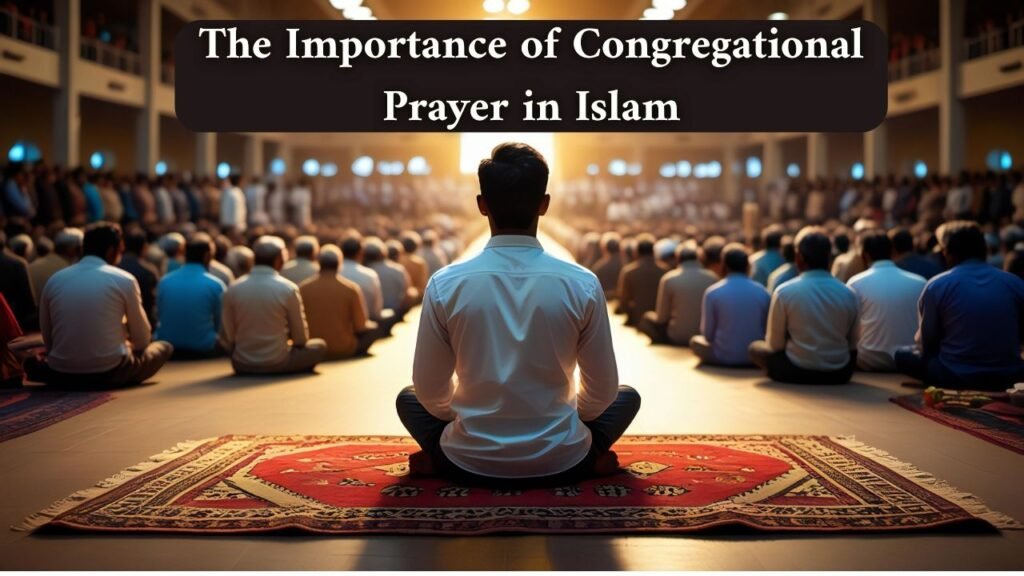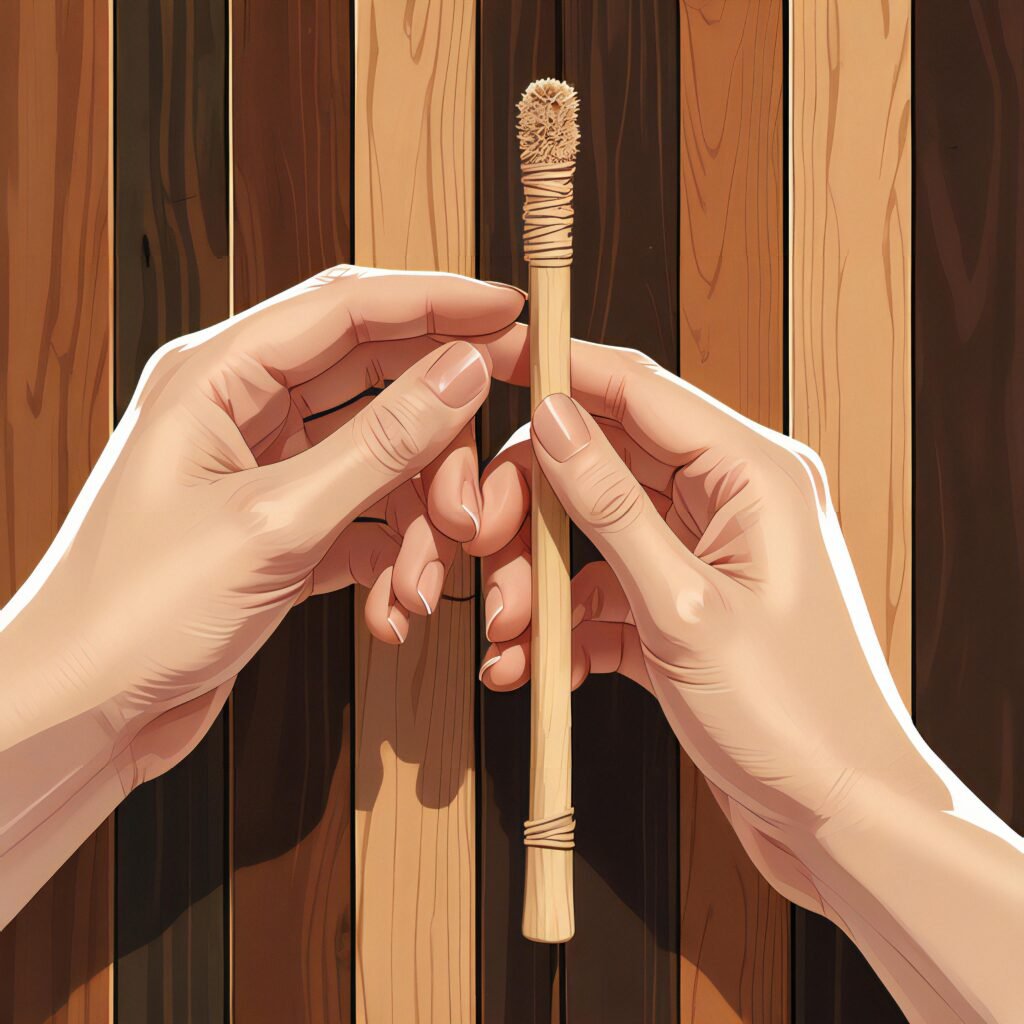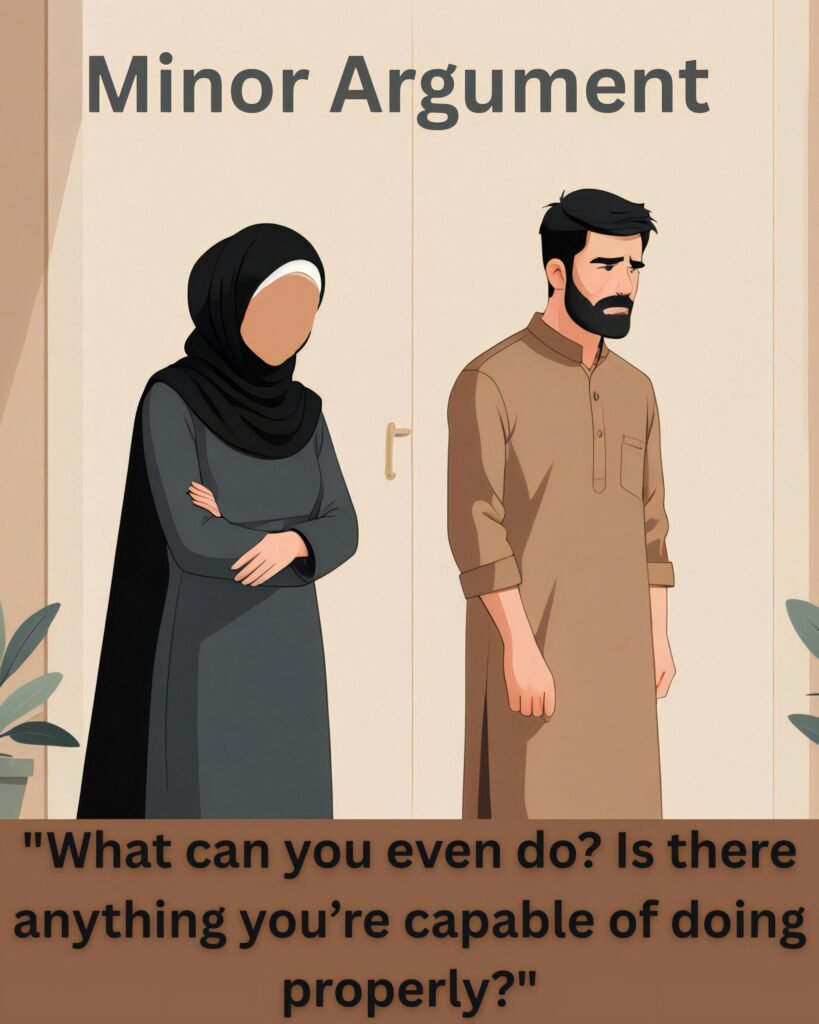What happen when one does not perform Salah in congregation?
Allah Ta‘ala Himself has emphasized the importance of offering Salah in congregation. It has been commanded: “Bow down with those who bow down.” – (Surah Al-Baqarah: 43)
The Noble Prophet (ﷺ) offered Salah in congregation throughout his life. It is narrated in Hadith that Rasulullah (ﷺ) always performed Salah with the congregation. Even during his final illness before his passing, he did not abandon the congregation. The lives of the noble Companions (RA) were also spent in this way.
For men, offering the five daily prayers in congregation is Sunnah Mu’akkadah, which is comparable to Wajib (meaning, it is very close to being Wajib). – (Sahih Muslim: 1093)
Offering Salah in congregation brings the reward of 27 prayers for each single prayer. The Hadith states that Rasulullah (ﷺ) said: “The excellence of Salah in congregation is 27 times greater than Salah offered individually.” – (Sahih Muslim: 1477)
When one performs Salah in congregation, for every step taken he gains a reward, a sin is forgiven, and his rank is elevated. Rasulullah (ﷺ) said: “When a person performs ablution properly and comes to the Masjid for Salah, for each step he takes, one reward is written for him, one sin is erased, and his rank is raised by one degree.” – (Sahih Muslim: 1093)
The Prophet (ﷺ) never abandoned the congregation. Even when he was ill and could not walk, he was supported by two Companions, dragging his feet, just to attend the congregational Salah. He never prayed alone without the congregation.
Without a valid Shari‘ah excuse, it is not permissible to abandon congregational Salah. Whoever makes it a habit to avoid the congregation will be sinful. – (Sunan Abu Dawud: 464)
The Prophet (ﷺ) said: “If three people are together in a place and they do not establish congregational Salah, then Shaytan will overpower them. Therefore, always consider it obligatory to perform Salah in congregation.” – (Nasai)
He also said: “The curse of Allah is upon the one who hears the Adhan but still does not attend the congregational prayer.” – (Majma‘uz-Zawa’id)
The Prophet (ﷺ) even said: “By the One in Whose Hand is my soul, I feel like ordering firewood to be collected, then giving instructions for the Adhan to be called, then appointing someone to lead the people in prayer, and then going to those men who did not attend the congregational Salah and burning down their houses upon them.” – (Sahih Bukhari: 618)
In another Hadith, the Messenger of Allah (ﷺ) said: “Those who make a habit of abandoning the congregation must give up this habit, otherwise Allah will surely seal their hearts and they will indeed become heedless.” – (Sahih Muslim)
the importance of congregational prayer (jamaat prayer) in Islam through Qur’an and Hadith. Learn why salah in congregation carries greater reward than individual daily prayer, its link to sunnah muakkadah prayer, and the warnings for abandoning jamaat. From Prophet Muhammad’s guidance on salah to the benefits of praying in congregation, this article explores Islamic teachings on prayer rewards, salah discipline, and living an Islamic lifestyle. Whether you seek a reminder for morning prayer, prayer for today, or prayer for healing, the message of jamaat strengthens faith and unity—much like the spirit of Mohamed Salah’s discipline and devotion inspires millions.
Narrated from Ibn ‘Umar (RA):
The Messenger of Allah (ﷺ) said:
“I have been commanded to fight the people until they testify that none has the right to be worshiped but Allah, and that Muhammad (ﷺ) is the Messenger of Allah; establish Salah, and pay Zakah. If they do that, then they will have gained protection from me for their lives and wealth, except for a right due in Islam. And their reckoning will be with Allah.”
(Sahih Muslim 1/8, Hadith 22) (Modern Publication: 24, Islamic Foundation: 24)
Sahih al-Bukhari, Hadith no. 25
Hadith status: Sahih
Collected








